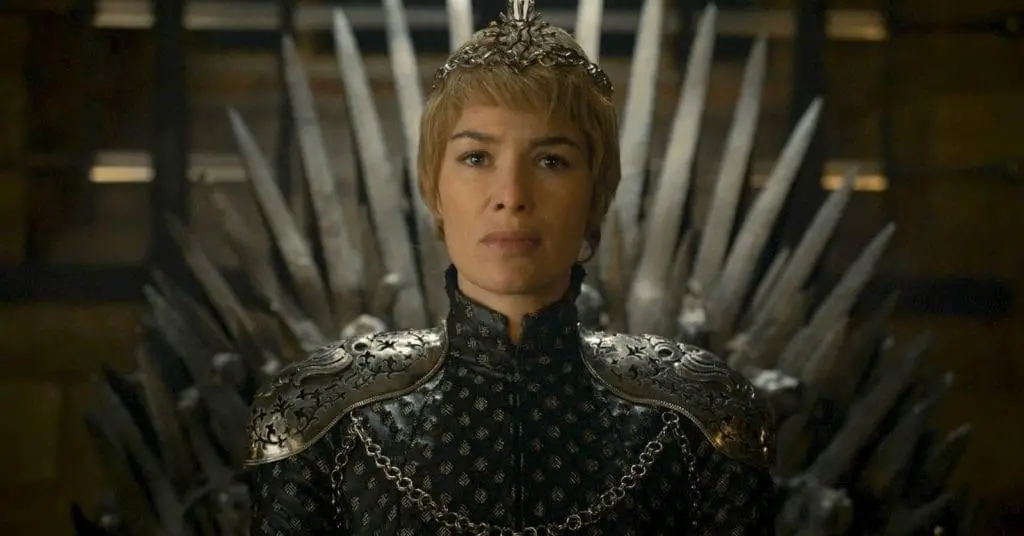
You know a movie’s got problems when the story of how it got made is more entertaining than the movie itself. For weeks, the unlikely saga of first time writer-director Theodore Melfi tracking down, then signing, Bill Murray (who famously has no agent-just an answering machine connected to an 800 number Edward Snowden would be hard pressed to get his hands on) has been all over the web. The filmmaker’s resourcefulness is impressive. Too bad the same can’t be said for his film.
Not since Garfield has the comic icon made as head-scratching a choice. Beginning with 1998’s Rushmore, Murray’s carved out a late career place in cinema that’s set the standard for Hollywood cool. Which is why watching him struggle to make St. Vincent into something more than the derivative schmaltzfest it is can prove not just disorienting but downright disheartening.
Think Bad Santa meets Gran Torino and you’ve got a good idea what Melfi was going for, if not why. Murray plays an alcoholic Vietnam vet who lives in Brooklyn and dates a pregnant Russian stripper (a miscast Naomi Watts). His house is a wreck. His car’s a wreck. Given that he spends his days getting 86’d from the local bar, it’s safe to assume that Vincent’s a wreck.
At least until new neighbors move in and change his life forever. Melissa McCarthy plays it straight as Maggie, a single mom whose job requires her to work long hours. Newcomer Jaden Lieberher is Oliver, a 12-year-old whose wide-eyed innocence and lack of cage fighting skills require Vincent to put down his drink long enough to intervene when bullies welcome the kid with a beating in a scene lifted verbatim from Bad Santa.
His gambling debts are mounting so, naturally, he offers to babysit the boy after school. It’s a toss up as to which is less credible: that Maggie would leave her child with a drunk or that even a drunk would believe he could keep the mob (represented by a miscast Terrence Howard) at bay with the few bucks he could earn watching the kid.
To the extent there’s halfway funny stuff here (Oliver mowing Vincent’s dirt patch), you’ve seen it in the trailers. The story’s one surprise involves a heath crisis that’s tonally out of sync with the film but clumsily forgotten a few scenes after it’s introduced, which is a break. The pivotal, much promoted scenes in which Vincent takes Oliver to the race track are beyond fake. Nobody who knows the first thing about playing the horses would make the moves this supposed old pro makes. It’s one thing to have the mismatched pals bond, quite another to suggest someone desperate as Vincent would take gambling tips from a tyke.
And that’s what does the picture in. Its creators put all their money on the sappy and formulaic. Murray supplies a moment or two of low key comic genius but, while Vincent may be able to save Oliver from bullies, even Murray can’t save this movie from itself.
